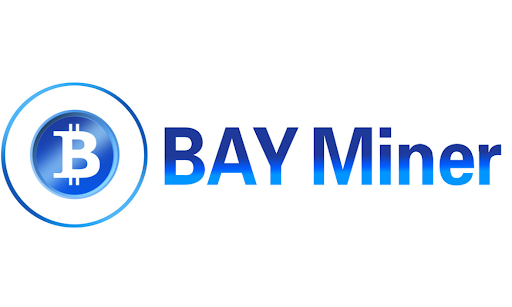Jito Labs Transfers All Protocol Revenue to DAO Control

Jito Labs proposed JIP-24 on August 5, 2025, seeking to redirect all Block Engine and Block Assembly Marketplace fees to the Jito DAO treasury. According to Coincu, this proposal would eliminate the current 3% revenue split between Jito Labs and the DAO. The change would grant the DAO complete control over an estimated $15 million in annual protocol revenue within the Solana ecosystem.
Currently, Block Engine rewards follow a 6% total fee structure with equal distribution between Jito Labs and the DAO treasury. JIP-24 removes this split entirely, directing all fees plus future BAM-related income to community governance. The proposal specifically targets both existing revenue streams and newly launched marketplace functions that enable programmable block assembly on Solana.
Why This Revenue Shift Matters for Token Holders
The proposal creates direct financial benefits for JTO token holders through enhanced treasury control and value accrual programs. Invezz reports that the Cryptoeconomics SubDAO will manage revenue deployment through buybacks, staking incentives, and fee-switch mechanisms. This organizational structure already maintains a sub-treasury funded with $7.5 million in JitoSOL and 5 million JTO tokens.
Market response appeared immediate, with JTO trading volume surging 83.01% to $57.05 million following the announcement. The token trades at $1.63 with a $590.27 million market capitalization, though it remains down 67% from its $6.01 all-time high reached in late 2023. Revenue centralization addresses previous concerns about idle treasury funds and provides mechanisms for active capital deployment.
Industry Implications for Solana DeFi
This governance change reflects broader trends in decentralized finance where protocols transfer value directly to token holders rather than retaining corporate control. CoinDesk notes that Jito operates as a key block-building layer within Solana, offering MEV-focused tools that optimize transaction sequencing and fee distribution for validators.
The Block Assembly Marketplace introduces programmable plugins that modify transaction logic, potentially creating additional revenue streams beyond traditional MEV extraction. These developments position Jito as a central infrastructure provider while transferring economic benefits to community stakeholders. The proposal affects the competitive landscape by demonstrating how successful protocols can transition from centralized development to community-controlled operations.
Similar governance transitions have occurred across other blockchain networks, with protocols like Aave and Compound previously shifting revenue control to their respective DAOs. However, Jito's approach encompasses both existing operations and future product development, creating a more comprehensive decentralization model than previous industry examples.
Further Reading
For those interested in decentralized governance tools and platforms, our comprehensive DAO tooling guide provides detailed analysis of over 100 platforms and tools used in decentralized governance. The guide covers voting mechanisms, treasury management, and operational frameworks essential for understanding modern DAO infrastructure.





